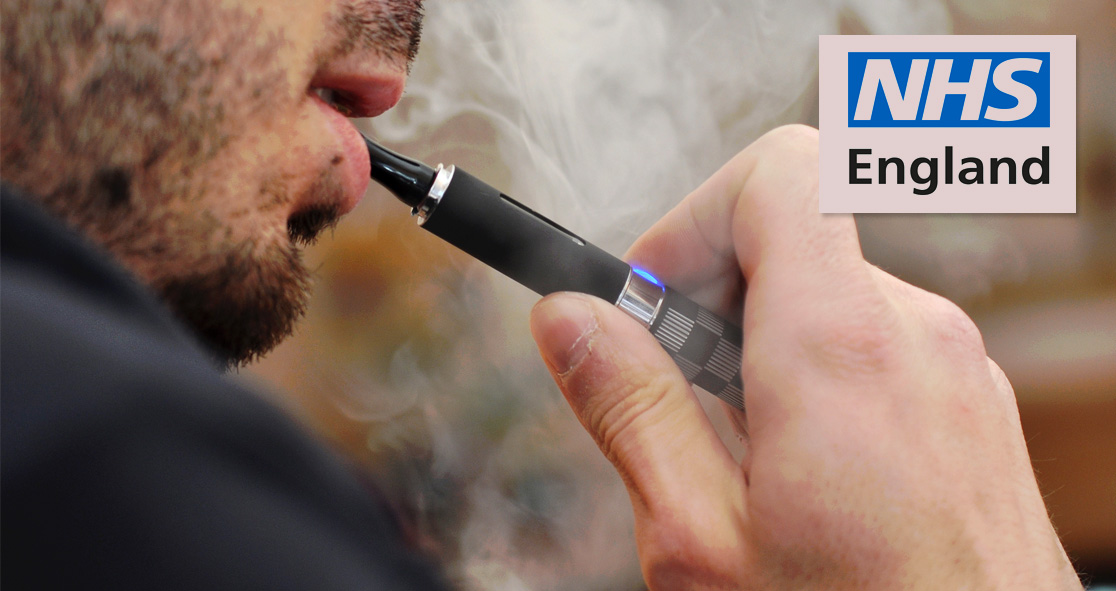E-cigarettes could soon be available on the National Health Service (NHS) England to help people quit tobacco products, according to BBC.
The Medicines and Healthcare products Regulatory Agency (MHRA), an executive agency of the Department of Health and Social Care in the UK, is inviting manufacturing to submit products for approval to be prescribed through the NHS.
The MHRA is responsible for ensuring that medicines and medical devices work and are acceptably safe.
England will soon become the first country in the world to prescribe e-cigarettes as a medical product.
E-cigarettes are not completely risk-free but they carry a small fraction of the risk of cigarettes, according to BBC. They do not produce tar or carbon monoxide, two of the most harmful elements in tobacco smoke.
However, the liquid and vapor in e-cigs contain some potentially harmful chemicals that are also found in cigarette smoke but at a much lower level.
E-cigarettes have been found to be the most popular smoking cessation aid, with at least one in four smokers using them to quit tobacco products. Also, it has been found that most smokers who want to quit are relying on e-cigarettes rather than nicotine-replacement therapy.
Sajid Javid, Secretary of State for Health and Social Care, said e-cigarettes could be an important tool to reduce smoking rates.
He said, “Opening the door to a licensed e-cigarette prescribed on the NHS has the potential to tackle the stark disparities in smoking rates across the country.”
Prof. Peter Hajek of the Queen Mary University of London said the move sent a positive message that e-cigarettes could help people to quit, according to BBC.
He questioned whether it would have the intended consequences, as the costs of applying for approval could be a barrier to many manufacturers.
Prof. Hajek said, “Smokers are more likely to benefit from e-cigarettes if they can select flavors, strengths, and products that they like, rather than being limited to whatever becomes licensed.”
“It also does not seem necessary for the NHS to pay for something that smokers are happy to buy themselves,” he added. “Overall, it would seem easier to just recommend existing products which are well regulated by consumer protection regulations.”























